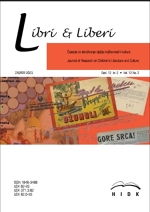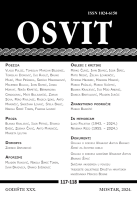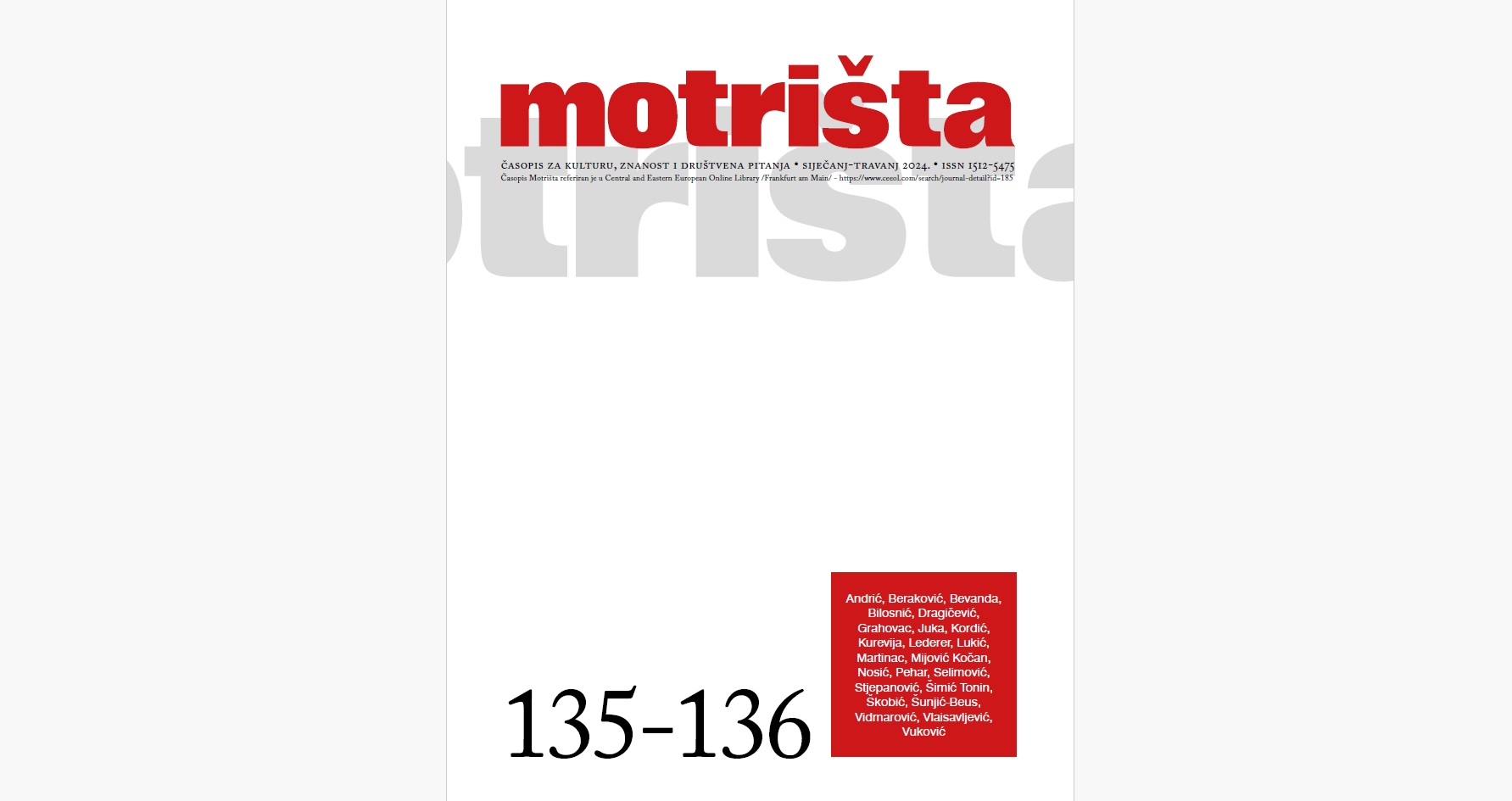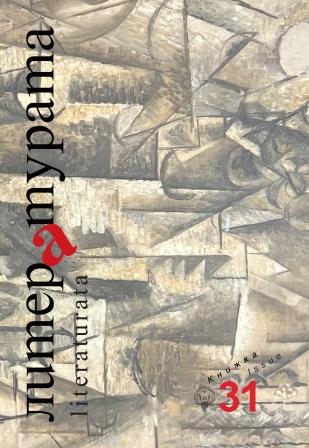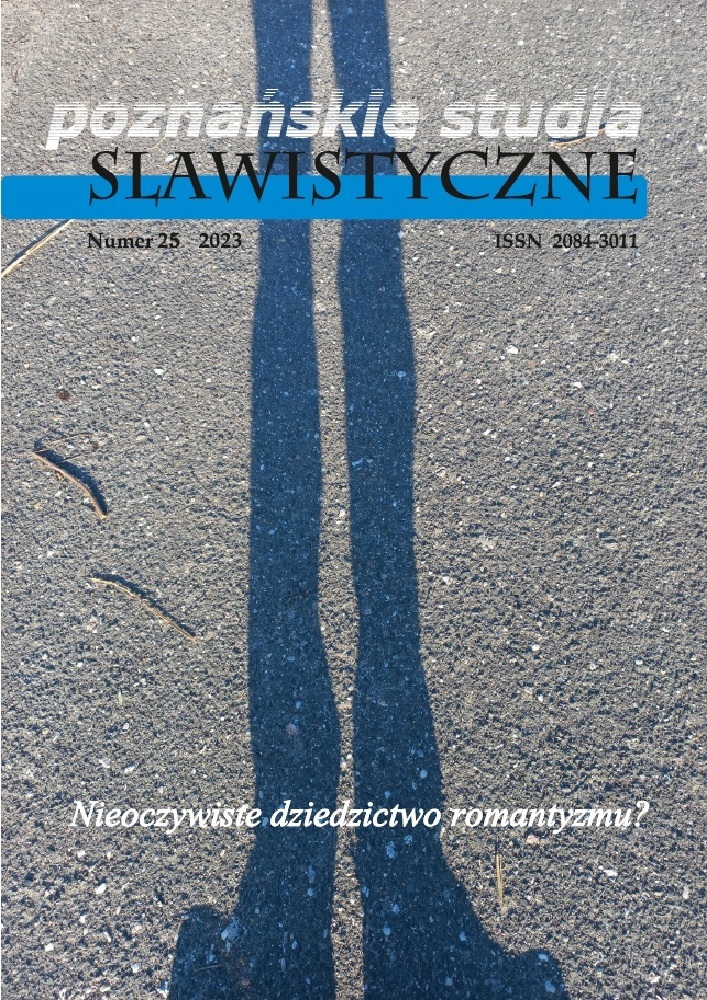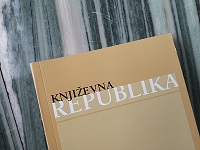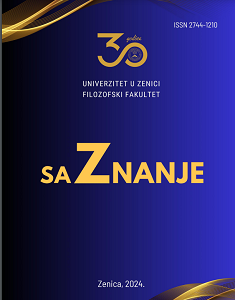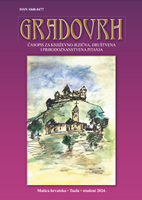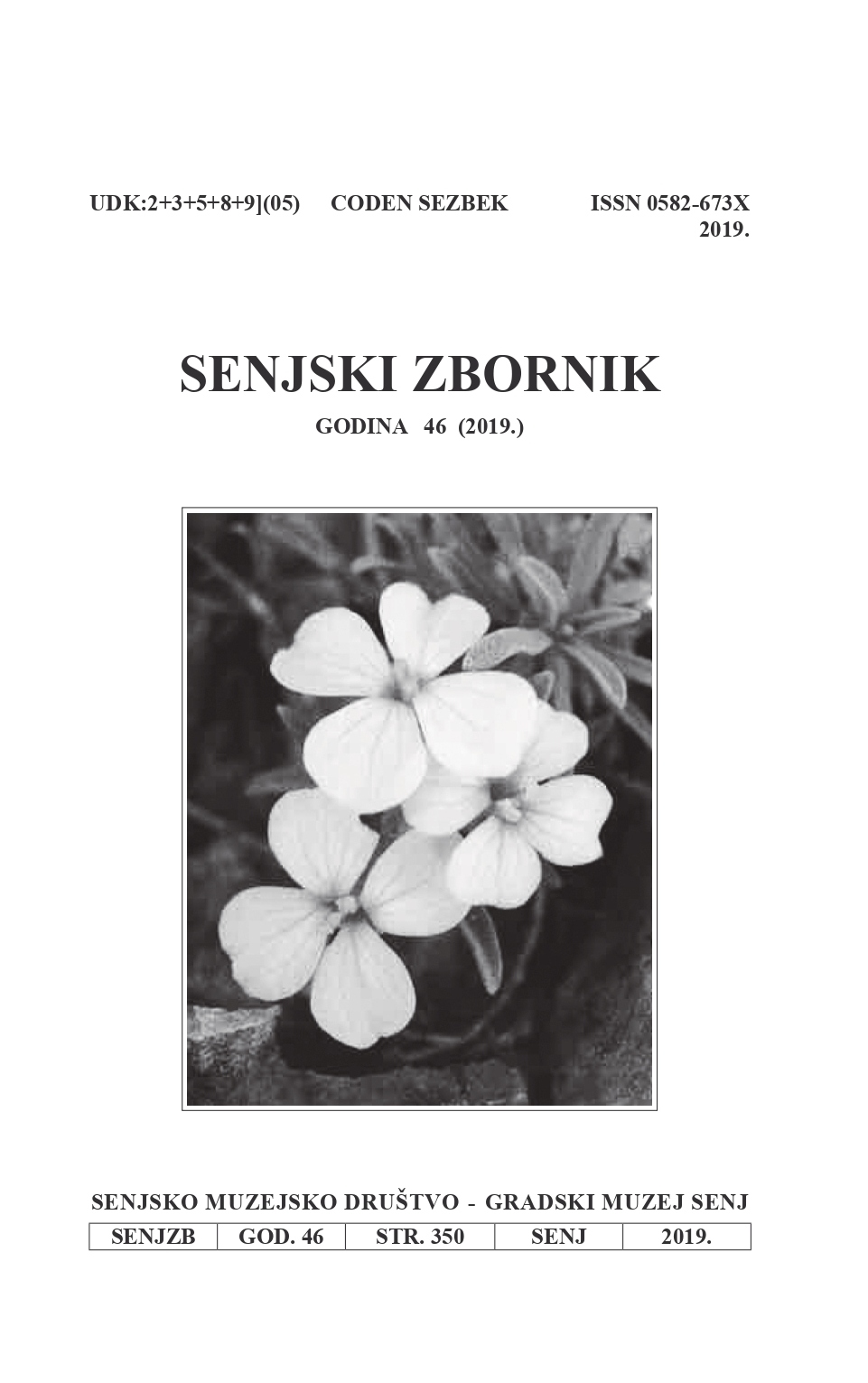
Bilježnica ili Kvaderna senjskog kaptola iz 17. stoljeća
In the Bishop’s archive in Senj there is a handwritten book of the income of the Senj Chapter from the 17th century. It is written in Glagolitic italic and Latin scripts. In the book can be followed the social and ecclesiastical conditions in this diocesan town at the time when the Senj-Modruš bishop lived in the free part of the Modruš diocese, and the Senj diocese belonged to one (Senj)parish which was governed by the Chapter. At the end of the same century, Senj as a diocesan centre would grow in importance because the bishop returned to it, and his jurisdiction would extend over the wider area which was liberated from the Turks.
More...
